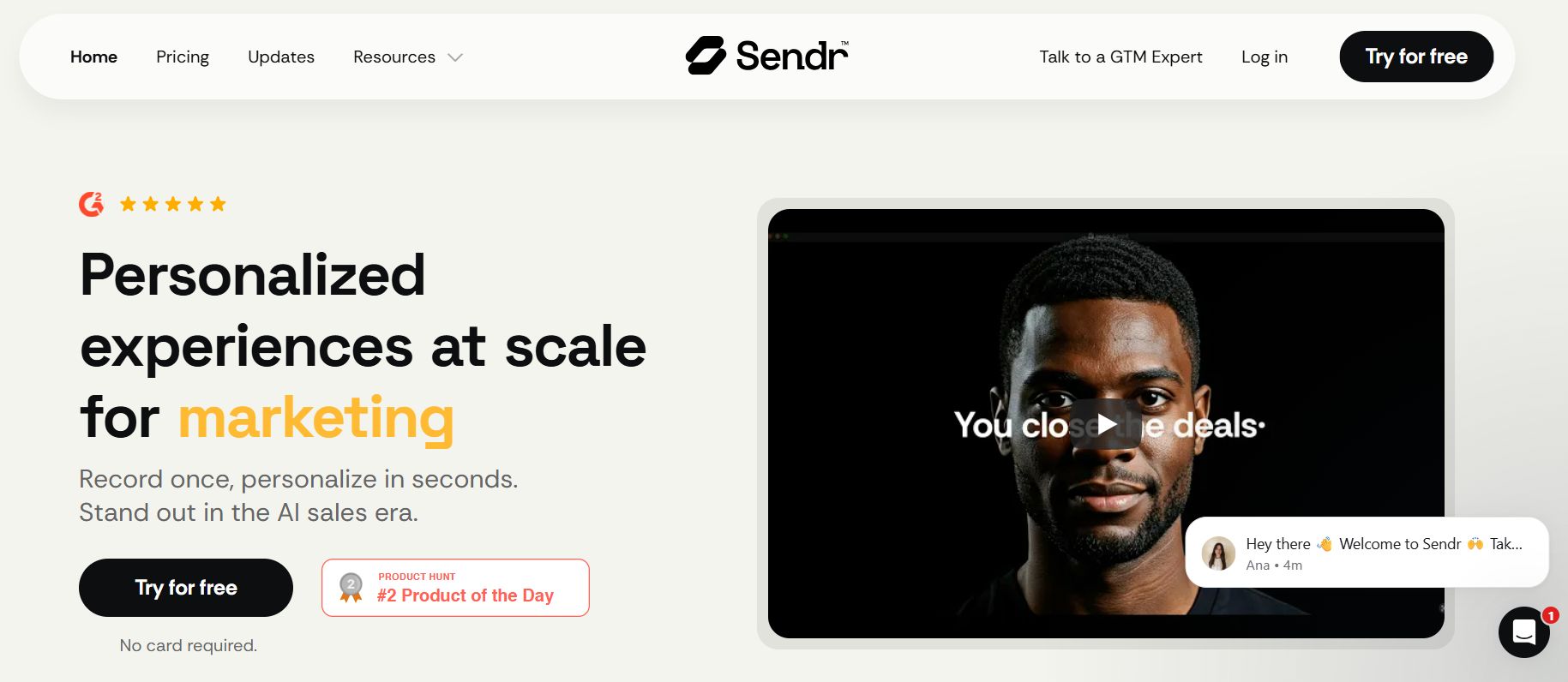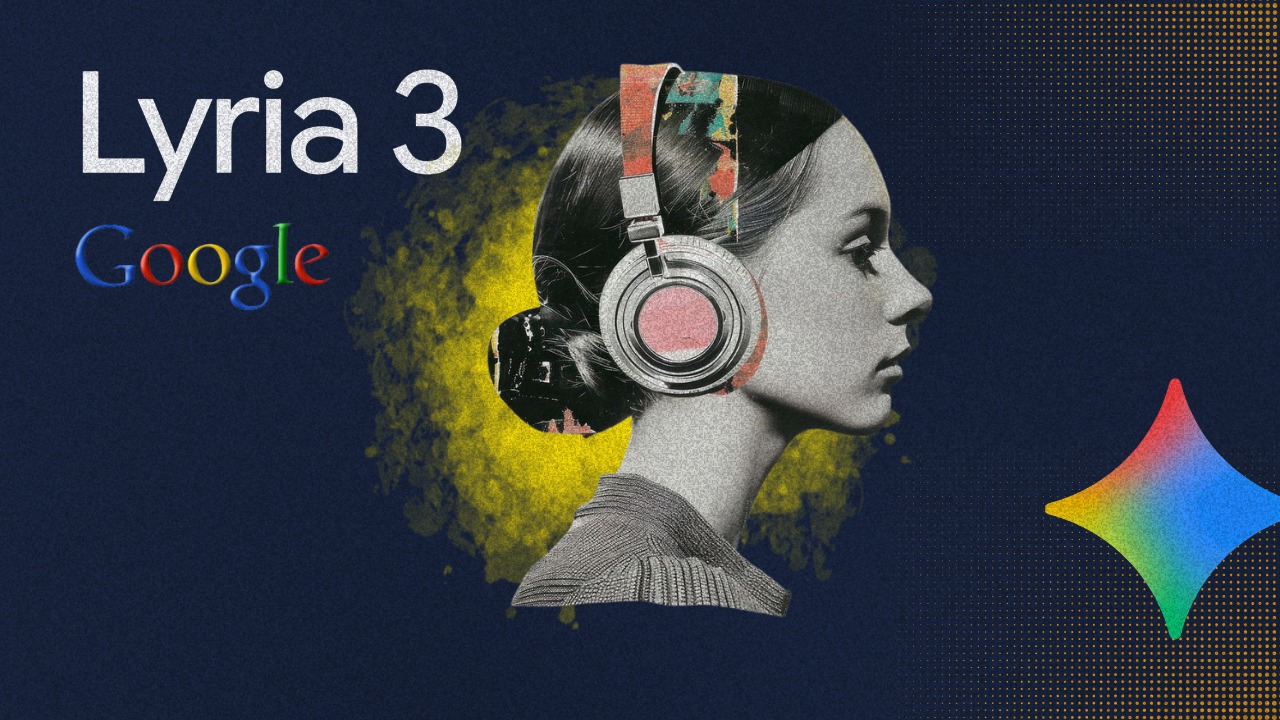
Welcome, Humans!
Ready for your daily dose of AI chaos? I’ve rounded up Today’s Top AI Headlines for those who like to stay ahead – and for the curious, I’ve got some eyebrow-raising stories Beyond the Headlines. Let’s dive in.
In a Nutshell:
GPT-5.1 gets chattier and sharper
Google unveils “Private AI Compute”
LinkedIn search goes full prompt-mode
AI music fools nearly everyone
88% of companies now use AI
🚀Today’s Top AI Headlines:

GPT-5.1 gets chattier and sharper: OpenAI has officially launched GPT-5.1, calling it its most refined and human-like model yet. The release introduces two distinct versions, Instant and Thinking, to address different user needs. Instant is optimized for speed and natural conversational tone, making it ideal for daily tasks like writing, summarization, and brainstorming. Thinking, on the other hand, offers deeper reasoning, improved persistence across long sessions, and faster multi-step problem-solving. OpenAI says GPT-5.1 features “warmer, more natural interactions,” advanced tone customization, and better memory consistency. Early testers have reported that the model feels more intuitive and emotionally aware than its predecessors, responding with contextually nuanced and humanlike phrasing. Paid users are receiving the update first, with a full rollout planned in the coming weeks. Industry experts see GPT-5.1 as OpenAI’s next major leap toward general reasoning systems — one that bridges casual conversation with professional-grade intelligence.
Source: OpenAI
🤖 Robi: “Can’t wait to finally have deep thoughts… about sandwich orders.”
Google unveils “Private AI Compute”:Google’s latest update brings a suite of new Pixel features powered by Gemini AI, alongside a major security initiative called Private AI Compute. The AI-driven upgrades include notification summaries, prompt-based photo edits, Gemini-powered chat suggestions, and a battery-optimized Maps mode for longer trips. But the standout reveal is Private AI Compute, a secure, hybrid cloud environment that allows AI features to run using Google’s Gemini models without sending personal data to remote servers. The system blends local processing with encrypted data isolation, giving users enterprise-grade privacy while still benefiting from advanced AI capabilities. This marks Google’s strongest privacy commitment yet, aligning with rising consumer demand for transparency and control. With these updates, Google is positioning Pixel as the world’s first smartphone platform that blends real-time AI assistance with deep data protection, setting a new benchmark for mobile intelligence.
Source: Google🤖 Robi: “So it’s private AI… inside public AI… running on my phone. Cool cool.”
LinkedIn search goes full prompt-mode: LinkedIn is taking a major step forward by adding AI-powered search capabilities to help users find people more intelligently and contextually. After successfully testing natural-language job search earlier this year, the platform now allows members to search for individuals using everyday language. Queries such as “Find investors in healthcare with FDA experience” or “Show me founders of productivity startups in NYC” are now fully supported. The feature uses a mix of Microsoft’s Copilot models and LinkedIn’s internal graph data to surface relevant results instantly. This update marks the company’s biggest search overhaul in years, transforming professional networking into a more dynamic, conversational experience. Beyond recruitment, LinkedIn says the new AI search can help users find mentors, collaborators, and business partners in seconds. Analysts see this as a move to make LinkedIn’s vast data more accessibl, not through filters, but through natural intent.
Source: Tech Crunch🤖 Robi: “Finally, a way to professionally stalk people and sound smart doing it.”
🔍Beyond the Headlines:
AI music fools nearly everyone: A new Deezer–Ipsos survey found that 97% of listeners couldn’t distinguish between AI-generated and human-composed songs in blind tests. The report highlights growing confusion, and concern, among audiences, as AI music floods streaming platforms. Over 80% of respondents demanded clear labeling for synthetic tracks, while most opposed training AI on copyrighted songs without consent. Deezer says it now receives over 50,000 AI-made tracks daily, accounting for roughly one-third of uploads, and remains the only major platform tagging 100% of synthetic content to protect artists’ rights.
Source: Reuters🤖 Robi: “Don’t worry, I still can’t whistle in tune either.’’
88% of companies now use AI: According to a new McKinsey Global Survey, AI adoption has become nearly universal across industries, with 88% of organizations integrating it into at least one business function. Technology, healthcare, and insurance lead with adoption rates above 95%, while sectors like energy and manufacturing are quickly catching up. The most common applications include knowledge management (40%), marketing and sales (39%), and IT (34%). McKinsey concludes that AI has moved beyond innovation labs, it’s now a core operational necessity.
Source: Mickensys
🤖Robi: “If your company isn’t using AI yet, you’re basically running a renaissance fair.”
🤖Prompt of the Day:
Corporate Investment Governance Framework
Prompt: You are a corporate finance advisor specializing in capital allocation. Your task is to design an investment governance framework for a [company size/type].
Your framework should include: (1) investment decision-making hierarchy, (2) portfolio balancing by risk and return, (3) due diligence and risk assessment standards, (4) performance monitoring processes, (5) divestment and reinvestment rules, and (6) KPIs such as ROI variance, project IRR, and capital efficiency index.
🤖AI Tools You Didn’t Know You Needed:
Problem: Managing personalized outreach at scale, videos, voice notes, dynamic pages, and data enrichment, often requires multiple tools, manual processes, and high costs.
AI Solution: AI-powered GTM platforms unify contact data, automations, personalized assets and outreach workflows into one stack, simplifying scale.
AI Tool: Sendr is an AI-driven GTM platform that enables teams to create lip-sync videos, dynamic landing pages, enrich 500M+ contacts and automate outreach all in one system.
Helpful Features
AI-Lip-Sync Video: Personalized videos at scale.
Dynamic Pages: Auto-tailored landing pages per contact.
Contact Database: Enrich and segment 500M+ global B2B profiles.
Enriched Outreach: Unified stack for data, assets, workflows.

⚡ Robi’s Hot Take on X






